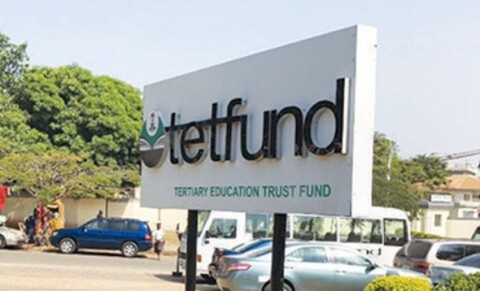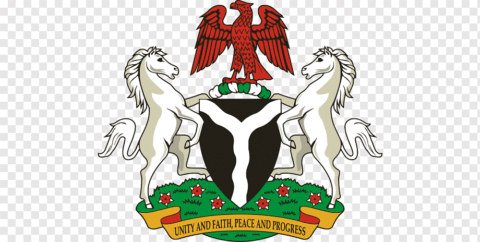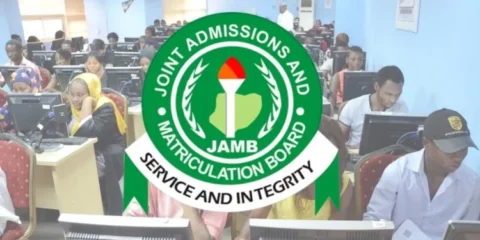The United Nations Children’s Fund (UNICEF) has enrolled 33,532 children in Borno State on the Nigeria Learning Passport (NLP), a digital education platform aimed at improving access to learning through technology.
Speaking during an annual quiz competition organized for schools benefiting from the NLP intervention in Maiduguri on Saturday, UNICEF Education Officer, Charles Atiya, said the initiative is helping children continue learning both in and out of the classroom. She added that 425 teachers and facilitators have been trained to deliver blended learning lessons that combine digital and traditional teaching methods.
The Nigeria Learning Passport is a free online learning platform that provides local curriculum-based educational content, accessible on mobile phones and computers. The platform also includes digital learning records and data tracking tools. According to Atiya, it has been launched in 21 states and is already being used by over 800,000 learners nationwide, including about 230,000 students.
“In Borno State alone, 33,532 students have registered this year and completed at least one course on the platform,” she said. “We have also trained 425 teachers and facilitators, and held community engagement sessions to encourage parents to support their children’s learning.”
Atiya noted that the platform hosts more than 17,000 teaching and learning materials aligned with the national curriculum and international educational standards. She added that more than 30,000 teachers across Nigeria have been trained in digital literacy and blended learning techniques through the NLP.
She explained that the programme is part of UNICEF’s efforts to reduce the number of out-of-school children in Borno and ensure every child has access to quality education, including children in Tsangaya (Islamic) schools.
Atiya expressed gratitude to the Borno State Government and various development partners for supporting the initiative. She acknowledged contributions from organisations such as Airtel, SILSA, SONY, and FCDO for providing 270 Samsung tablets, 30 routers, projectors, and offline learning devices for schools in low-connectivity areas. She also commended civil society partners including Innovation Hub, Multi-Aid and Charity Initiative (MACI), and Mercy Eleos Frontida Foundation (MEFF) for their continued support.
Encouraging pupils, Atiya said:
“I urge you to take advantage of this opportunity to sharpen your digital skills. These skills will play a key role in your future.”
She also appreciated parents and teachers for their role in helping children continue learning despite challenges.





